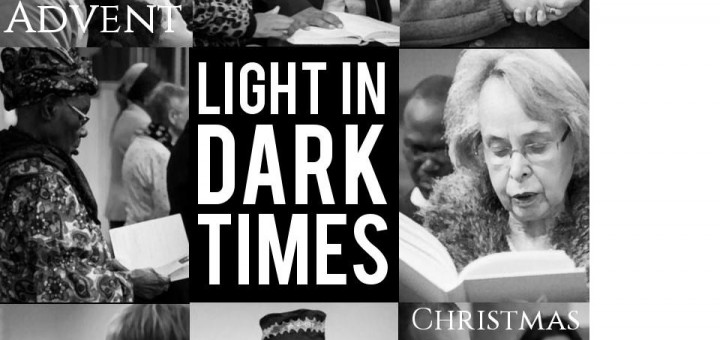Living Bread Sermon by John Bradley
John 6:51 ‘I am the living bread that has come down from heaven; if anyone eats this bread, he will live for ever. The bread which I shall give is my own flesh, given for the life of the world.’
If you have followed the Bible readings for the past few Sundays, the theme running through them is bread. First we had the feeding of five thousand with five loaves and two fishes. Last Sunday we had manna in the wilderness and in today’s Gospel reading, Jesus is saying that he is the living bread.
First today we heard from the Old Testament. Elijah has just had a literal mountain top experience. On top of Mount Carmel he has seen with his own eyes the mighty victory of the God of Israel. But now the threat of Queen Jezebel has thrown him into despair and depression. He runs away into the wilderness and just wants to curl up and die. But God hasn’t finished with him yet and the first step of his recovery is to eat some bread.
Every time we pray the Lord’s Prayer we ask God to give us this day our daily bread but we live in a land where up to one third of the bread purchased is dumped when it could be eaten. At the same time, half a million people rely on food banks. But the good news is that the bread of life, the true bread that gives life with a capital ‘L’, life in all its fullness that is so strong it can survive even death, is free. It’s not cheap but it remains, as it has always been, absolutely free. You can’t buy it, you can’t earn it and you can’t deserve it. All you can do is accept it and enjoy it. ( to read more, click on the title)



